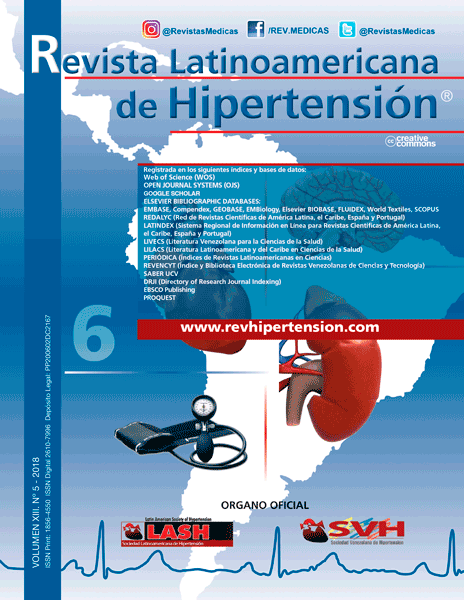Prediction of academic burnout and academic performance based on the need for cognition and general self-efficacy: A cross-sectional analytical study
Palabras clave:
attitude, disasters, nurse, predictive factorsResumen
One of the main challenges of nursingeducation is students’ academic burnoutdue to the stressors associatedwith nursing practice. Therefore, identifying and predictingcognitive and motivational factors behind academicburnout and academic performance are of great importance.This study aimed to predict nursing students’ academicburnout and academic performance based on theneed for cognition and general self-efficacy and also toassess the mediation effects of the need for cognition andgeneral self-efficacy. This was a cross-sectional analyticalstudy. Two Faculties of Nursing and Midwifery in Shirazand Rafsanjan, Iran. A sample of 337 bachelor’s nursingstudents. Data were collected using a demographic andacademic characteristics questionnaire, Cacioppo and Petty’sNeed for Cognition Scale, Sherer’s General Self-EfficacyScale, and Maslach’s Burnout Inventory-Student Survey.Academic performance was also measured based on students’grade point average. Data analysis was performedvia Pearson correlation analysis, simple and multiple regressionanalyses, and Sobel test equation for mediation effects.Analyses revealed the significant positive correlationof general self-efficacy with the need for cognition andacademic performance as well as the significant inversecorrelation of academic burnout with the need for cognition,general self-efficacy, and academic performance.However, the need for cognition was not significantly correlatedwith academic performance. Moreover, the needfor cognition and general self-efficacy simultaneously predicted16.8% of the variance of academic burnout, whileonly general self-efficacy was the significant predictor ofacademic performance, accounting for 3.5% of its totalvariance. General self-efficacy mediated the relationshipof the need for cognition and academic burnout. Also,the need for cognition mediated the relationship of generalself-efficacy and academic burnout (P < 0.001). Interventionsfor improving students’ self-efficacy and needfor cognition can help reduce their academic burnout andimprove their academic performance.Descargas
Los datos de descargas todavía no están disponibles.

